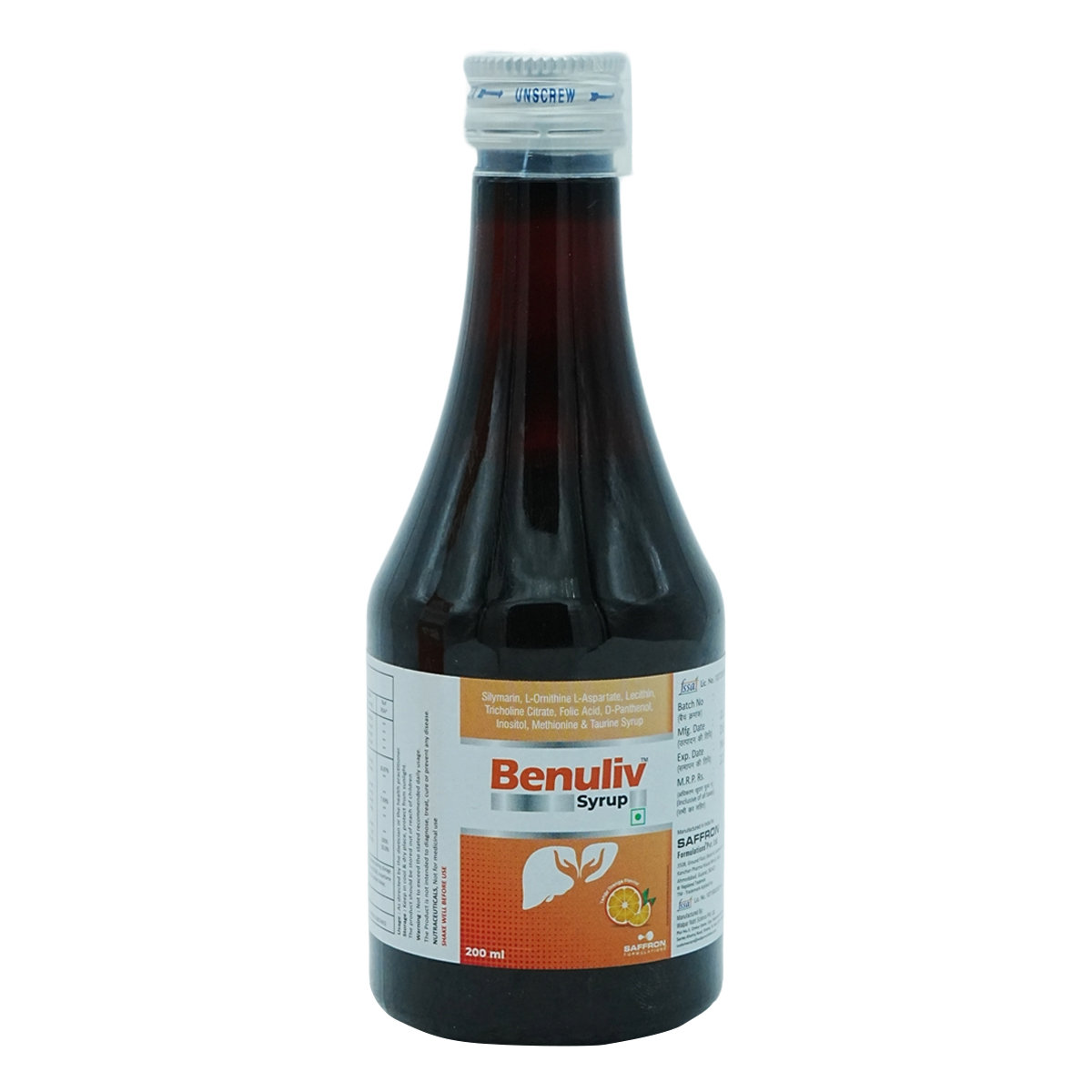Ursodeoxycholic Acid+silymarin
About Ursodeoxycholic Acid+silymarin
Ursodeoxycholic Acid+silymarin belongs to a group of medicines called the biliary agent or gall stone dissolution agents used to treat primary biliary cirrhosis and gall stones. Primary biliary cholangitis, formerly known as primary biliary cirrhosis, is an autoimmune disease caused by damage of bile ducts in the liver. Biliary cirrhosis causes a build-up of bile in the liver, which leads to liver damage.
Ursodeoxycholic Acid+silymarin is a combination of two drugs, namely: Ursodeoxycholic acid and Silymarin. Ursodeoxycholic acid helps in decreasing the production of cholesterol in the blood, thereby dissolving gall bladder stones. Silymarin has immunomodulatory, antioxidant and anti-fibrotic properties. Ursodeoxycholic Acid+silymarin has a protective effect on the liver cells and the immune system, thereby helps in improving liver function.
You are advised to take Ursodeoxycholic Acid+silymarin for as long as your doctor has prescribed it for you, depending on your medical condition. In some cases, you may experience certain common side effects such as abdominal discomfort, diarrhoea, nausea, rash, dizziness, indigestion, and weakness. Most of these side effects do not require medical attention and will resolve gradually over time. However, you are advised to talk to your doctor if you experience these side effects persistently.
Do not discontinue Ursodeoxycholic Acid+silymarin without consulting your doctor. To treat your condition effectually, continue taking Ursodeoxycholic Acid+silymarin for as long as prescribed. Consult your doctor before taking Ursodeoxycholic Acid+silymarin if you are pregnant or breastfeeding. Ursodeoxycholic Acid+silymarin should be given to children only if prescribed by the doctor. Avoid consuming alcohol along with Ursodeoxycholic Acid+silymarin as it could lead to liver damage. Keep your doctor informed about your health condition and medicines to rule out any side effects.
Uses of Ursodeoxycholic Acid+silymarin
Medicinal Benefits
Ursodeoxycholic Acid+silymarin belongs to a group of medicines called the biliary agent or gall stone dissolution agents used to treat gall stones, primary biliary cholangitis (an autoimmune disease of the liver), and excess cholesterol in bile. Ursodeoxycholic Acid+silymarin contains ursodeoxycholic acid and silymarin. Ursodeoxycholic acid is a naturally occurring bile acid that breaks down the cholesterol formed into gall bladder stones, thereby dissolving the stones. Silymarin has immunomodulatory, antioxidant and anti-fibrotic properties. Ursodeoxycholic Acid+silymarin has a protective effect on the liver cells and the immune system, thereby helps in improving liver function. Ursodeoxycholic Acid+silymarin decreases the amount of cholesterol produced by the liver and absorbed by the intestine. In patients with primary biliary cirrhosis, Ursodeoxycholic Acid+silymarin increases the bile flow.
Directions for Use
Storage
Side Effects of Ursodeoxycholic Acid+silymarin
- Abdominal discomfort
- Diarrhoea
- Nausea
- Rash
- Dizziness
- Indigestion
- Weakness
Drug Warnings
Do not take Ursodeoxycholic Acid+silymarin if you are allergic to any of its components; if you have inflammation of gall bladder and bile ducts, narrowing or blockage of bile ducts, biliary colic, calcified gallstones, improper constriction of the gallbladder, gastric or duodenal ulcer. Inform your doctor before taking Ursodeoxycholic Acid+silymarin if you have variceal bleeding (high blood pressure in portal veins), ascites (excess abdominal fluid), liver encephalopathy or liver disease. Consult your doctor before taking Ursodeoxycholic Acid+silymarin if you are pregnant or breastfeeding. Ursodeoxycholic Acid+silymarin should be given to children only if prescribed by the doctor. Avoid consuming alcohol with Ursodeoxycholic Acid+silymarin as it could lead to increased liver damage. Keep your doctor informed about your health condition and medicines to rule out any unpleasant side effects.
Drug Interactions
Drug-Drug Interactions: Ursodeoxycholic Acid+silymarin may interact with antibiotics (ciprofloxacin and dapsone), antihypertensive agents (nitrendipine), immunosuppressants (cyclosporine), hormone (oestrogen), antacids (aluminium hydroxide, aluminium carbonate, magaldrate).
Drug-Food Interactions: No interactions found/established.
Drug-Disease Interactions: Inform your doctor if you have biliary obstruction or liver impairment.
Drug-Drug Interactions Checker List:
Safety Advice

Alcohol
unsafeAvoid consumption of alcohol while taking Ursodeoxycholic Acid+silymarin as it may cause liver damage.

Pregnancy
cautionPlease consult your doctor if you have any concerns regarding this; your doctor will prescribe only if the benefits outweigh the risks.

Breast Feeding
cautionConsult your doctor if you are breastfeeding; your doctor will decide whether Ursodeoxycholic Acid+silymarin can be taken by breastfeeding mothers or not.

Driving
safe if prescribedUrsodeoxycholic Acid+silymarin does not affect your ability to drive. However, you are advised to omit driving if you experience dizziness.

Liver
cautionDose adjustment may be needed. Please consult your doctor if you have a liver impairment or any concerns regarding this.

Kidney
cautionDose adjustment may be needed. Please consult your doctor if you have kidney impairment or any concerns regarding this.

Children
cautionUrsodeoxycholic Acid+silymarin should be given to children only if prescribed by the doctor.
Habit Forming
Diet & Lifestyle Advise
- Include foods such as bell peppers, citrus fruits, leafy vegetables, tomatoes, milk, fish, low-fat dairy, beans, nuts, lentils, tofu and tempeh in your diet.
- Eat a healthy, well-balanced diet that includes fruits and vegetables.
- Foods rich in Vitamin B, C and calcium, are good for the gallbladder.
- Plant-based protein foods such as beans, nuts, lentils, tofu and tempeh help prevent gallbladder disease.
- Avoid high-fat, trans-fat, and processed foods.
- White bread, white pasta and sugars should be avoided.
- Avoid tobacco and alcohol consumption.
Patients Concern
Disease/Condition Glossary
Primary biliary cholangitis: Primary biliary cholangitis, formerly known as primary biliary cirrhosis, is an autoimmune disease caused by damage of bile ducts in the liver. Bile ducts are the small channels that carry the bile (digestive fluid) from the liver to the small intestine, where it breaks down fats and aids in its absorption. Biliary cirrhosis causes a build-up of bile in the liver, which leads to liver damage.
Gallbladder stones: The gallbladder is a small organ located below the liver that stores bile, a liquid that helps with digestion. Excess cholesterol in bile leads to the formation of gallstones. Gallstones can cause pain in the abdomen, dark urine and stools, indigestion, diarrhoea, nausea, and vomiting.
FAQs
Ursodeoxycholic Acid+silymarin contains Ursodeoxycholic acid and Silymarin. Ursodeoxycholic acid helps in decreasing the production of cholesterol in the blood, thereby dissolving gall bladder stones. Silymarin has immunomodulatory, antioxidant and anti-fibrotic properties. Ursodeoxycholic Acid+silymarin has a protective effect on the liver cells and the immune system, thereby helps in improving liver function.
Do not discontinue Ursodeoxycholic Acid+silymarin without consulting your doctor. To treat your condition effectually, continue taking Ursodeoxycholic Acid+silymarin for as long as prescribed. Do not be reluctant to speak with your doctor if you feel any difficulty while taking Ursodeoxycholic Acid+silymarin.
Diarrhoea might be a side-effect of Ursodeoxycholic Acid+silymarin. Drink lots of fluids and eat non-spicy food if you experience diarrhoea. If you find blood in stools (tarry stools) or if you have severe diarrhoea consult your doctor. Do not take anti-diarrheal medicine on your own.
Avoid taking aluminium-containing antacids along with Ursodeoxycholic Acid+silymarin as they might interfere with the absorption of Ursodeoxycholic Acid+silymarin. Maintain a gap of 2 hours between both.
Oral contraceptives (oestrogen) might promote the formation of gallstones. Consult your doctor if you have any concerns regarding this; your doctor may advise other methods of contraception.










